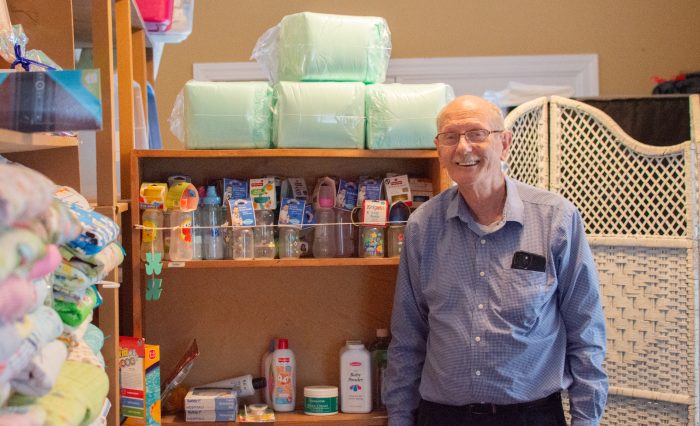New local Census Bureau will create 1,100 temp jobs
Published 12:00 am Thursday, August 27, 2009
As the 2010 census approaches, about 1,100 related jobs are slated for Bowling Green.
The federal Census Bureau recently opened an office on Scottsville Road, and will hire up to 1,100 temporary workers this fall to help with the count – a questionnaire distributed to each household, which helps count the population in the area.
Trending
“We actually have people work in their own neighborhoods,” said B.J. Welborn, media specialist with the Charlotte Regional Census Center. “We hire people in those temporary jobs that work in areas they know.”
Most positions will be door-to-door jobs – workers will collect questionnaires from households that don’t mail them back. Officials already have filled six management positions, and the other jobs will not begin until around March, Welborn said.
Employees must be 18 or older, a U.S. citizen, have a car and a valid driver’s license and must pass a background check. Local census workers can live in Bowling Green and surrounding counties, Welborn said.
Officials expect the recession and high unemployment to result in a large number of applicants – Lexington and Louisville census offices opened last year and “we had a lot of applicants; many more than we thought we would need,” Welborn said.
“The economy has affected the ease with which we can (find) job applicants,” she said. “A lot of people think, ‘I’ll get my name in the pot early,’ but no one will be able to do that.”
The office will not accept applications until late fall; people can apply online for the jobs, which pay $11.25 an hour, at www.census.gov.
Trending
Even though door-to-door workers are needed, officials encourage residents to complete their questionnaires and send them back through the mail. That makes the process quicker and easier, Welborn said.
The census impacts people by helping determine the amount of federal money their community receives – such allocations are based on population data, which comes from the count, Welborn said.
“It’s plain, cold hard cash,” she said. “About $400 billion in federal money comes back to local communities and states based on population data.”
That money helps fund senior citizen services, local infrastructure, transportation and many other projects, said Karen Foley, a member of the local complete count committee and neighborhood action coordinator.
“It’s important to have accurate information because funding decisions are being made,” she said.
Members of the complete count committee promote the census and encourage participation. The local group will hand out brochures and census T-shirts at this year’s International Festival, Foley said.
“We’re trying to increase the response,” she said. “When you have to send people out door to door, oftentimes someone’s not home or won’t come to the door.”
Still, the extra jobs are not only a boon for those who need work, but they’re also an important part of the census, she said.
“I would say they’re pretty crucial,” Foley said, “because they’re the folks that will be attempting to obtain the census data from the people who haven’t sent the forms in.”






